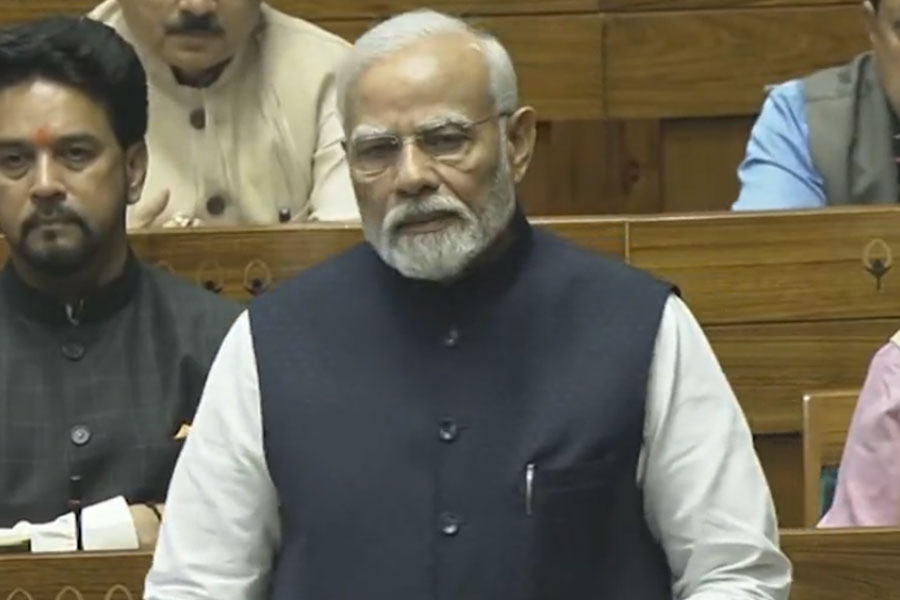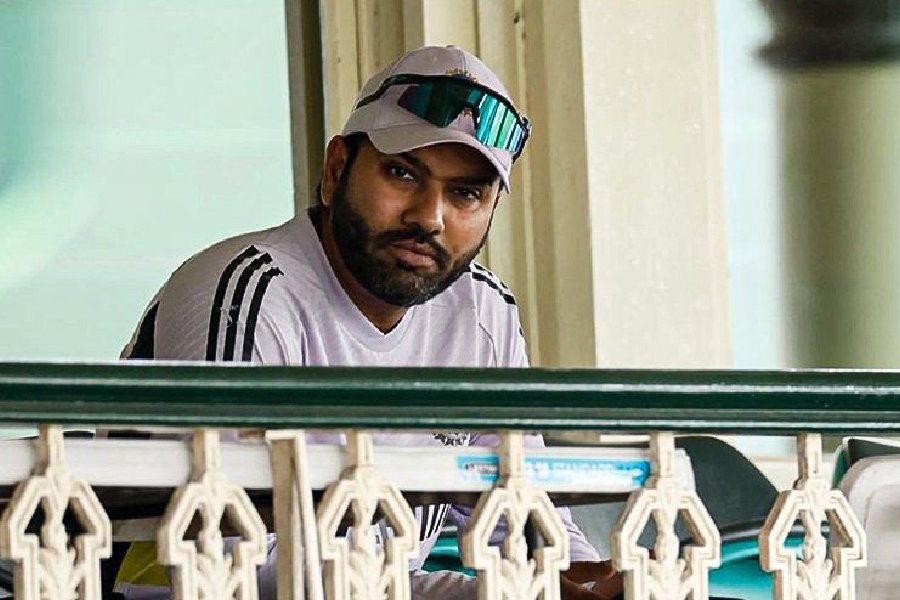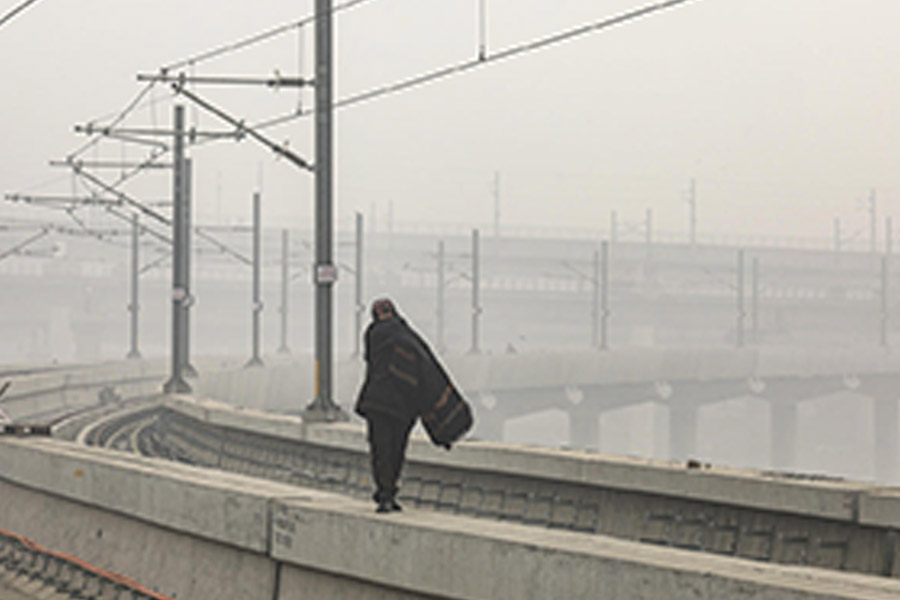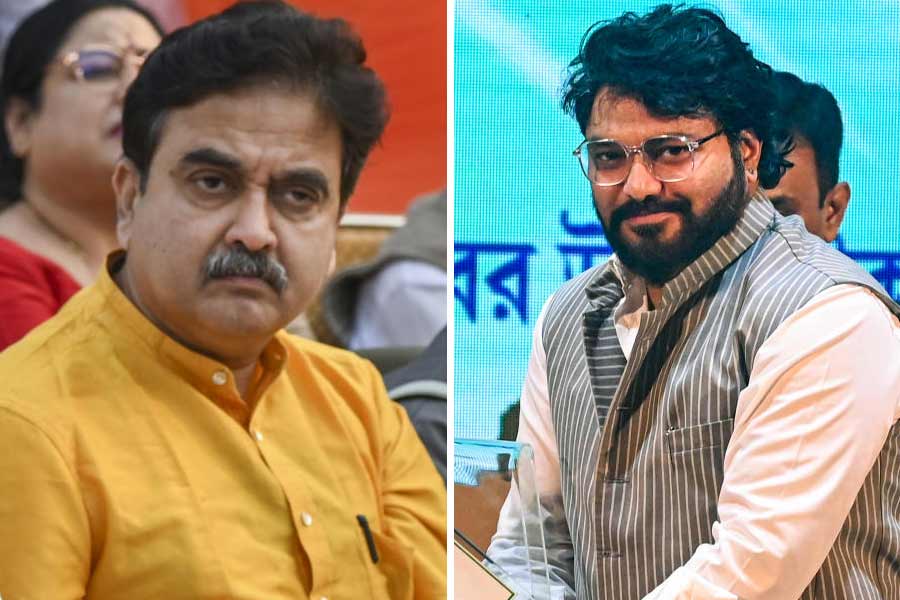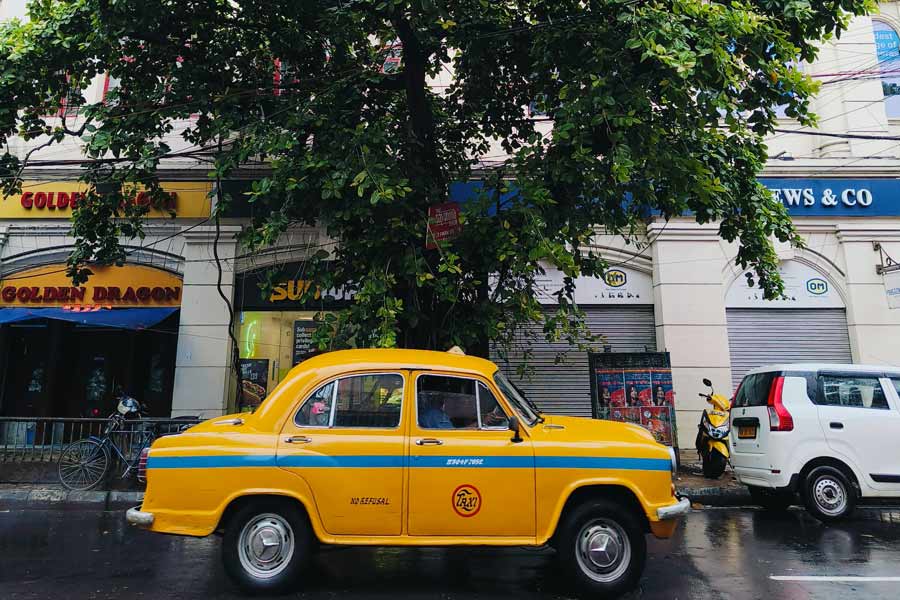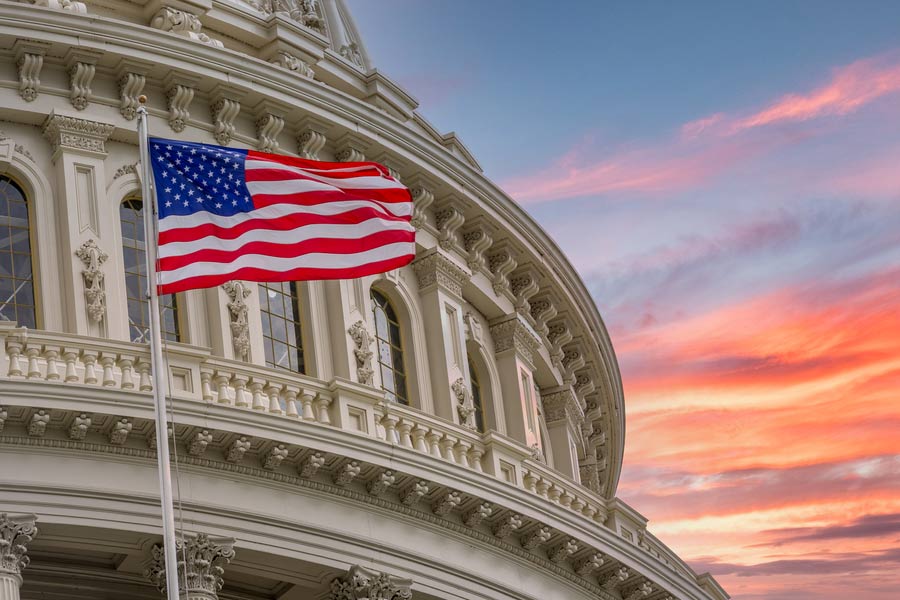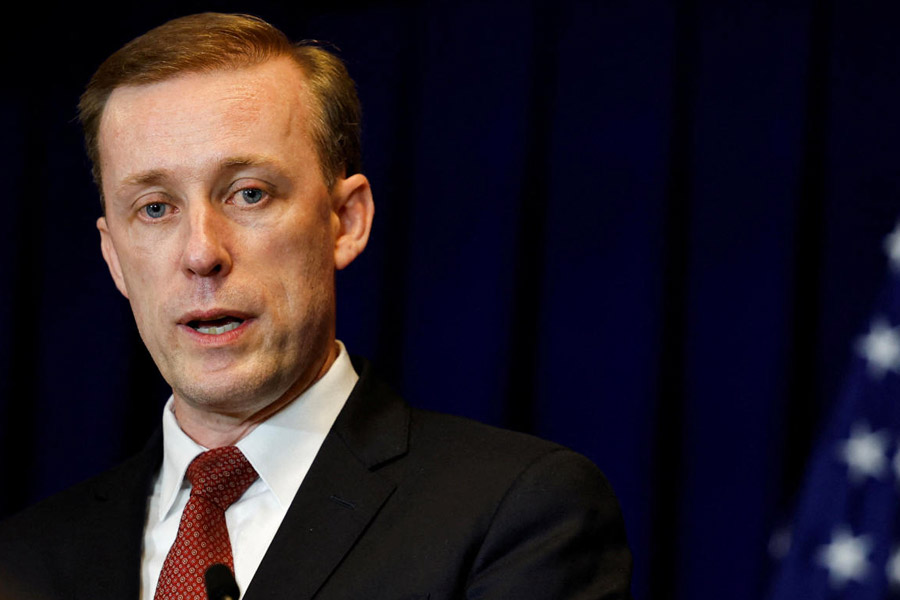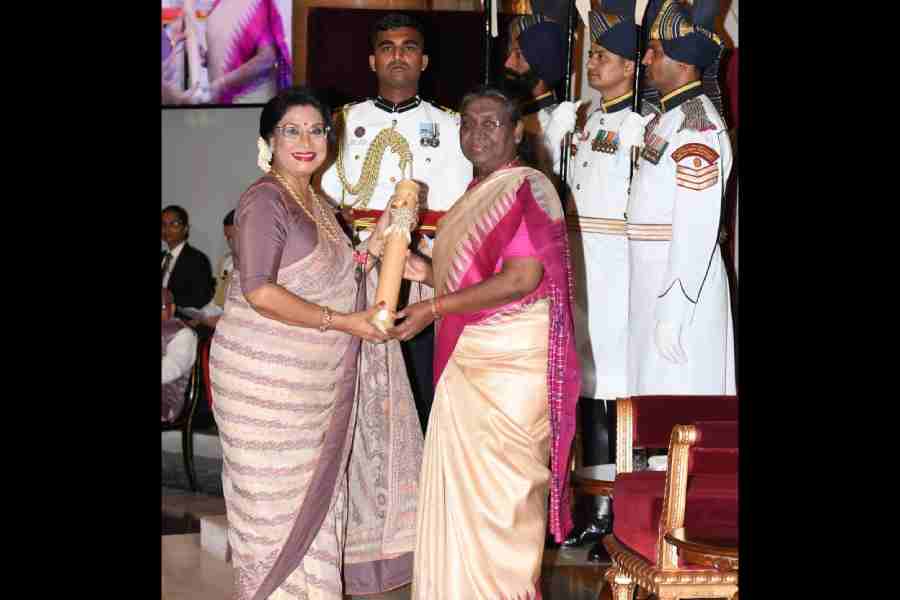The prime minister’s final speech at the Central Hall of the old Parliament building was somewhat unusual. This is because despite a caustic reference to the irregularities that took place during Manmohan Singh’s prime ministership, there seemed to be an attempt on Narendra Modi’s part to rise above rancour. So much so that even independent India’s first prime minister and that statesman of global stature, Jawaharlal Nehru, found a mention in Mr Modi’s speech. The present prime minister’s discovery of India — at long last — came with a reference to Nehru’s iconic tryst with destiny speech. What was as surprising was Mr Modi’s acknowledgement of the collective efforts towards nation-building and of the numerous democratic traditions that took root under Nehru’s stewardship in the early years of India’s political journey.
The question, though, is whether the old would now give way to the new. A change in the edifice has been accomplished. Would it now be followed by a transformation in parliamentary best practices? This worrying possibility cannot be dismissed altogether. It would be instructive to note that a day before Mr Modi came up with his eulogies, members of the Opposition had voiced their anguish about the dip in parliamentary standards. There is data to bear out their concerns. Mr Modi, a fierce and often divisive orator outside Parliament, is remarkably reticent inside the House: as the leader of the Opposition noted, he has spoken on only two occasions aside from the customary speeches in his nine years in power. There have been other encroachments on parliamentary conventions. For instance, only 25% of bills had been sent to parliamentary panels between 2014-19; the figure has fallen to 17.6% in the last four years. That is not all. The quantum and, some would add, quality of debates have deteriorated; the productivity of parliamentary sessions has been crippled; bills have been passed without necessary, collective scrutiny; there has been a shrinking in the space allotted to the Opposition; federalism and secularism are under unprecedented stress; the prime minister’s attendance in Parliament has been abysmal; his record of constructively engaging with the Opposition is equally dismal — the dispiriting list is rather long. The challenge before Mr Modi is to resuscitate these established, but now threatened, parliamentary rituals. The old must coexist with the new.

